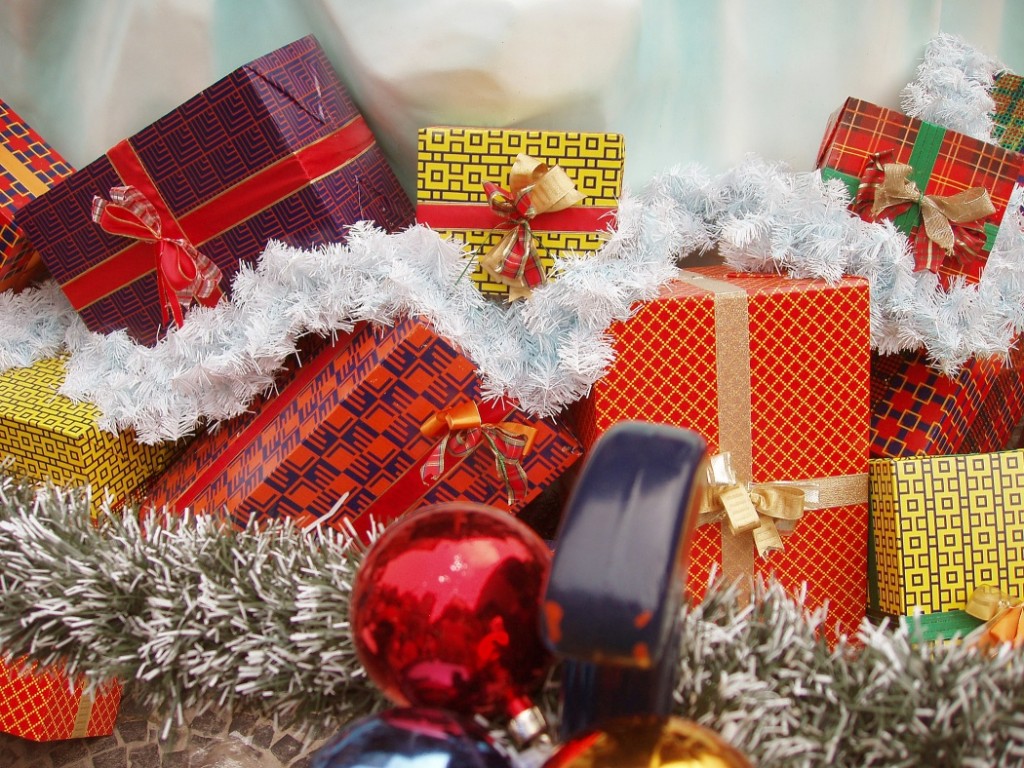Officials from the Home Office have warned consumers looking for a bargain to be wary of counterfeit goods.

Amongst a tight squeeze on household finances due to job losses, consumers are hunting bargains online, ordering items that appear genuine, however evidence shows that 2011 is becoming the worst counterfeit Christmas with millions of pounds worth of goods seized.
The UK Border Agency, West Yorkshire Trading Standards Service and consumer champion ‘Which?’ are all advising consumers to be on their guard as they search commercial property high streets and the internet for festive gifts.
UK Border Agency’s Heathrow International Trade Division, Grant Miller said: “Buyers can be left with products which are at best, inferior to genuine ones and, at worst, harmful or unsafe. We are uncovering all sorts of fake goods, from beauty products to children’s toys, and we’re warning people to be particularly wary of buying cheap items online or from unofficial traders.”
He further added: “It’s easy to be tricked into thinking you’re getting a bargain, but in the run-up to Christmas our message is that if something appears too good to be true it probably is.”
Official sources said that fake GHD hair straighteners, UGG Boots, IPads and IPhones are among the tens of thousands of counterfeit items that have been seized while being brought into the country in recent months.
They say the dangers of buying fake goods can be far more serious than a disappointed loved one on Christmas morning. Counterfeit goods like Christmas toys and electrical items can be harmful, and at their worst, they can kill.
Dave Lodge, WYST Divisional Officer stated: “When you start plugging things into a socket, potentially you might get a shock off it but worse, it can overheat and catch fire.”
The bulk of the counterfeit goods are coming from China, but the source destinations include Turkey, India, Indonesia and Thailand. At the commercial property Coventry International Postal Hub, smaller packages containing fake goods are seized on a daily basis.
There has been a rising influx of counterfeit electrical goods being imported, causing much cause for concern.
Figures for 2010 showed over £30m of counterfeit electrical goods entered the UK a year, including typical Christmas gifts such as mobile phones, charges and batteries, and electronic toys and gadgets.
Richard Gould, the Director of Inspection Services for the National Association of Professional Inspectors and Testers, said: “Counterfeit electricals pose an all too real threat nowadays, as electrical malfunctions in sub-standard equipment can lead to tragic house fires.”
He further added: “Safety testing saves the lives of millions of users every day and without it, electrical products such as cameras, IPods and other similar devices, as well as the chargers and batteries which power them, amount to nothing more than ticking-time bombs found throughout the domestic sector.”
No matter what is on your list to buy this Christmas, from perfume to makeup, sports clothing, the latest gadgets, even car tyre caps, there is almost without doubt a fake version for sale somewhere.
Some of the most frequently sold counterfeits are spirits, designer handbags, DVD’s and CD’s and luxury cosmetics.
In addition with the economic climate affecting the amount of money many of us have to spend this Christmas, along with the ever-increasing pressure to have the latest branded goods, these apparent “bargains” can become more eye-catching at this time of year.
As well as funding serious, organised crime such as drugs, human trafficking and sometimes terrorism, the buying and selling of fake goods cost the UK economy millions of pounds a year; cash the country needs more than ever in these hard financial times.
Mr Lodge commented: “One of the reasons the country is in a mess is because of the so-called ‘shadow economy’. These people behind counterfeit goods aren’t paying their dues, demands and taxes. If you’re buying them, you’re feeding the shadow economy, which is very harmful to legitimate businesses.”
As most of us increase our shopping and spending through the festive season, it is also a prosperous time for counterfeit sales.
Which? found nearly one in 10 people have bought a fake product by fault in the last two years and four in ten people who tried to return the goods after realising they’d bought a fake, were stuck with them.
WYTS said even products that are excellent copies are usually made from inferior materials and are likely to be unsafe.
Which? Executive Director Richard Lloyd commented: “Don’t be tempted to buy fake goods this Christmas. Some of the products we tested weren’t just poor quality, they were dangerous.”
Chief Officer of WYTS, said: “Obviously Christmas is a very expensive time for everyone and we are all looking for that bargain. Many people are unaware that they are buying counterfeit goods and when they do realise, it is often too late. I would urge everyone to be extra vigilant and remember that, when offered something that appears to be too good to be true, in my experience it usually turns out to be the case.”
Previous Post
Christmas Lights Up Local Commercial Properties